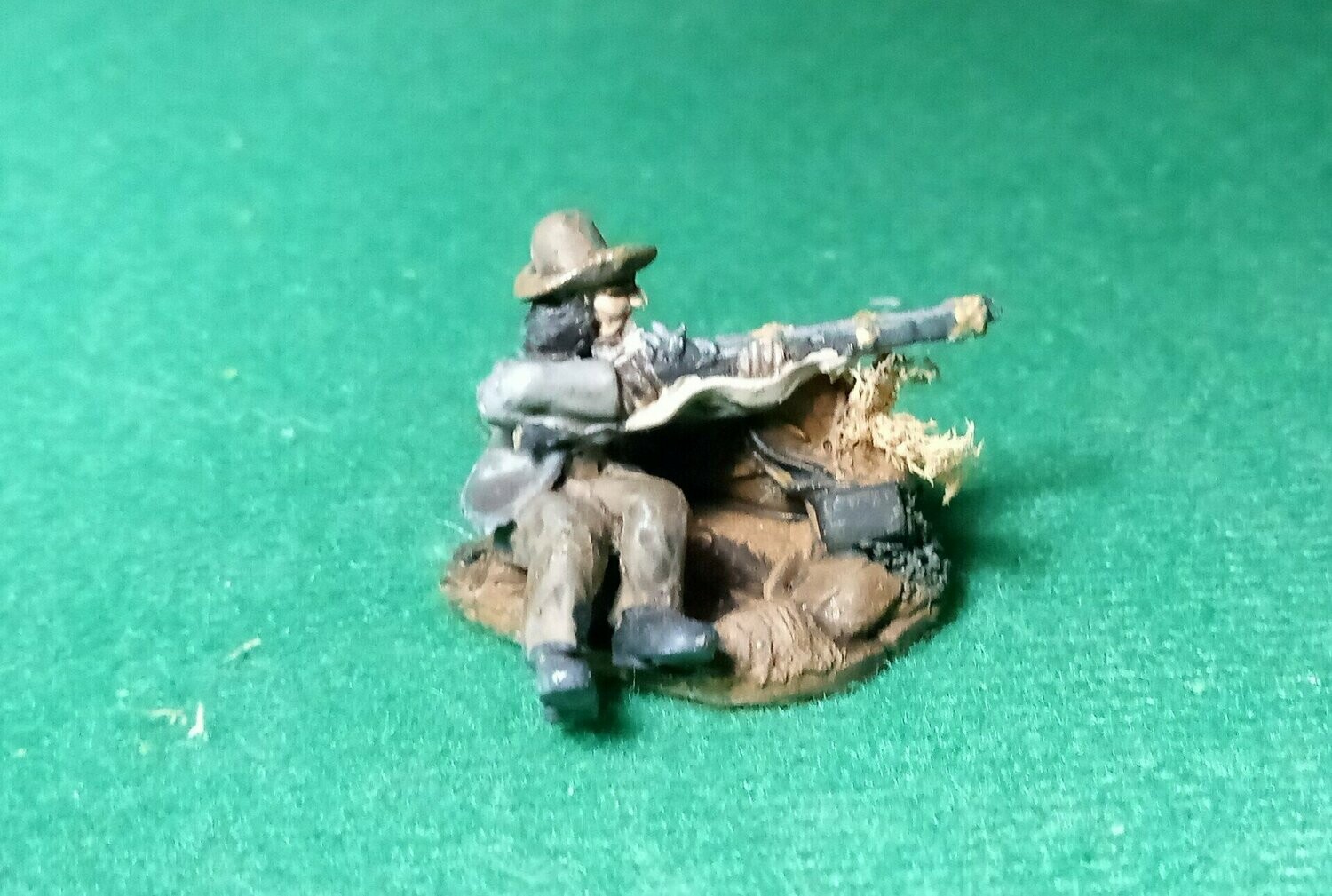

Benson, who was a sergeant in the ist South Carolina infantry and later a scout in a South Carolina sharpshooter battalion, took part in most of the great campaigns of the Army of Northern Virginia from First Manassas to Appomattox. Berry Benson's Civil War Book, the most conventional account of the three, is a republication of an outstanding memoir first published during the Civil War Centennial. The three books under review were written by Confederate soldiers whose personal narratives share both an immediacy to the events and personalities they describe and an uncompromising realism but whose accounts were shaped by their dissimilar wartime experiences and give us alternative perspectives on Civil War soldier life. There seems to be, fortunately, no end to the annotation and publication of such rich material nearly 130 years after the end of the war. The writings of these officers and men, who chronicled the conflict in countless published and unpublished letters, diaries, memoirs, reminiscences, and unit histories, speak with an authority even the best historians cannot hope to match. $21.95.) One of the great strengths of Civil War history is that it has been profoundly influenced and enhanced by the wartime and postwar accounts of so many participants who recorded what they did, saw, heard, and felt during the war. Taylor (Tuscaloosa and London: University of Alabama Press, 1993. $24.95.) 7?« War So Horrible: The Civil War Diary ofHiram Smith Williams. (Baton Rouge and London: Louisiana State University Press, 1993. Edited, with an introduction, by Arthur W. $19.95.) The Civil War Reminiscences of Major Silas T. (Athens and London: University of Georgia Press, 1992. Edited by Susan Williams Benson Foreword by Herman Hattaway. Chesson University of Massachusetts-Boston Berry Benson's Civil War Book: Memoirs ofa Confederate Scout and Sharpshooter. These volumes are moving contributions to our knowledge of the war from the ground up as seen by two extraordinary Yanks. government" (37?.44 for nonpayment of taxes) in 1864, but the same government reimbursed Lee's descendants after the Supreme Court ruled its seizure illegal in 1882. Title to Arlington may have "passed to the U.S. It was Albert Sidney Johnston who died at Shiloh, not Joseph E. In this study, Gary Yee, an expert in firearms of the period, assesses the role played by sharpshooters in three bloody clashes at the height of the American Civil War - the battle of Fredericksburg, the siege of Vicksburg, and the siege of Battery Wagner.In lieu of an abstract, here is a brief excerpt of the content:Ģ64CIVIL WAR HISTORY Slips are rare.

Initially, Union marksmen enjoyed the upper hand, but as the Confederates began raising and training their own sharpshooters, they proved themselves as worthy opponents. They could also become expert scouts and, for the Confederacy, impressive raiders - one raid netted almost 250 prisoners. Siege warfare placed a premium on marksmanship and the sharpshooter became indispensable as they could drive artillerymen from their guns.

Sometimes equipped with firearms no better than those of their infantry brethren, they fought in a manner reminiscent of Napoleonic-era light infantry. Union Sharpshooter vs Confederate Sharpshooter American Civil War 1861–65ĭuring the American Civil War, the Union and the Confederacy both fielded units of sharpshooters.


 0 kommentar(er)
0 kommentar(er)
